Summer Camp Leader Training
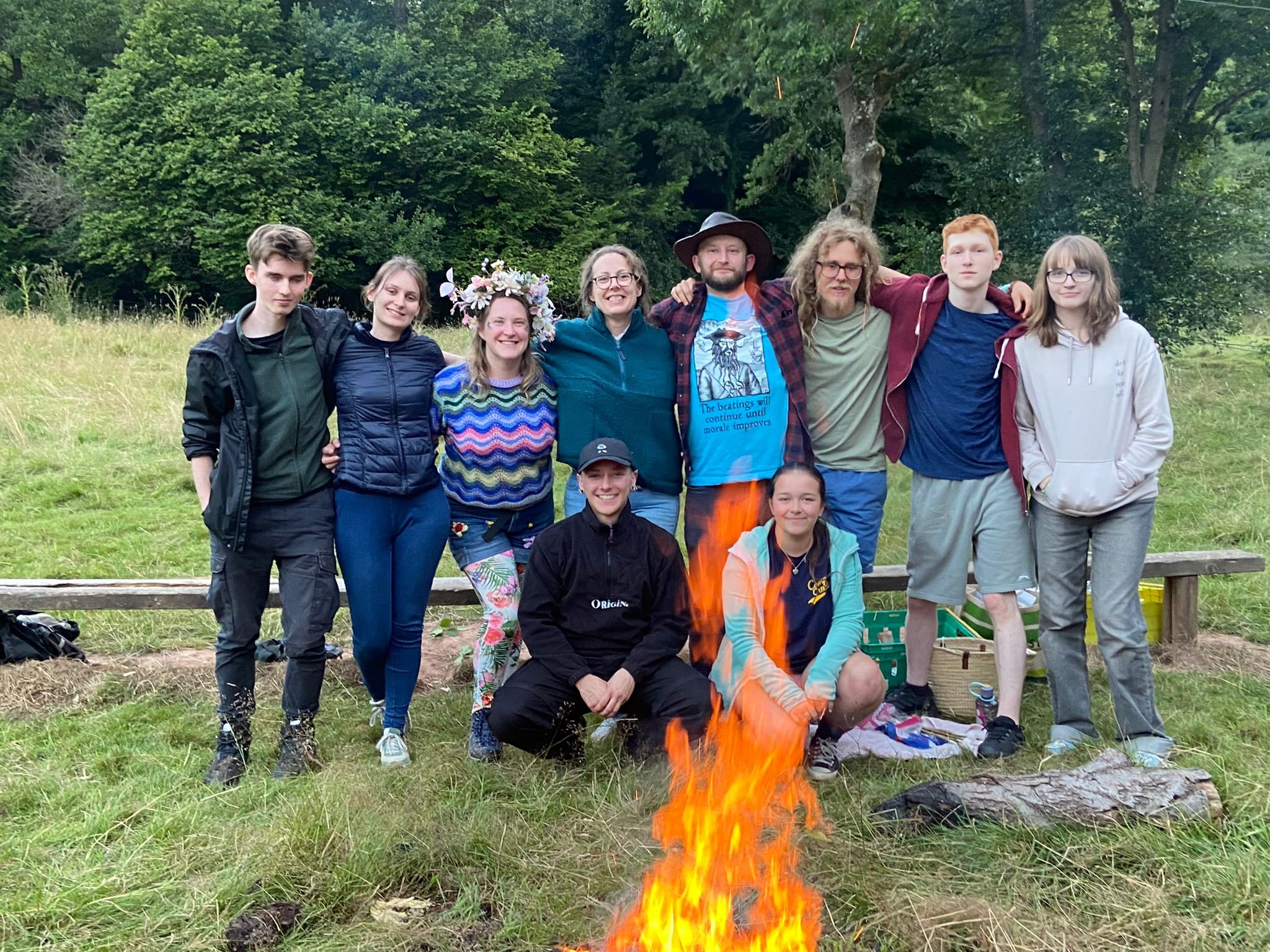
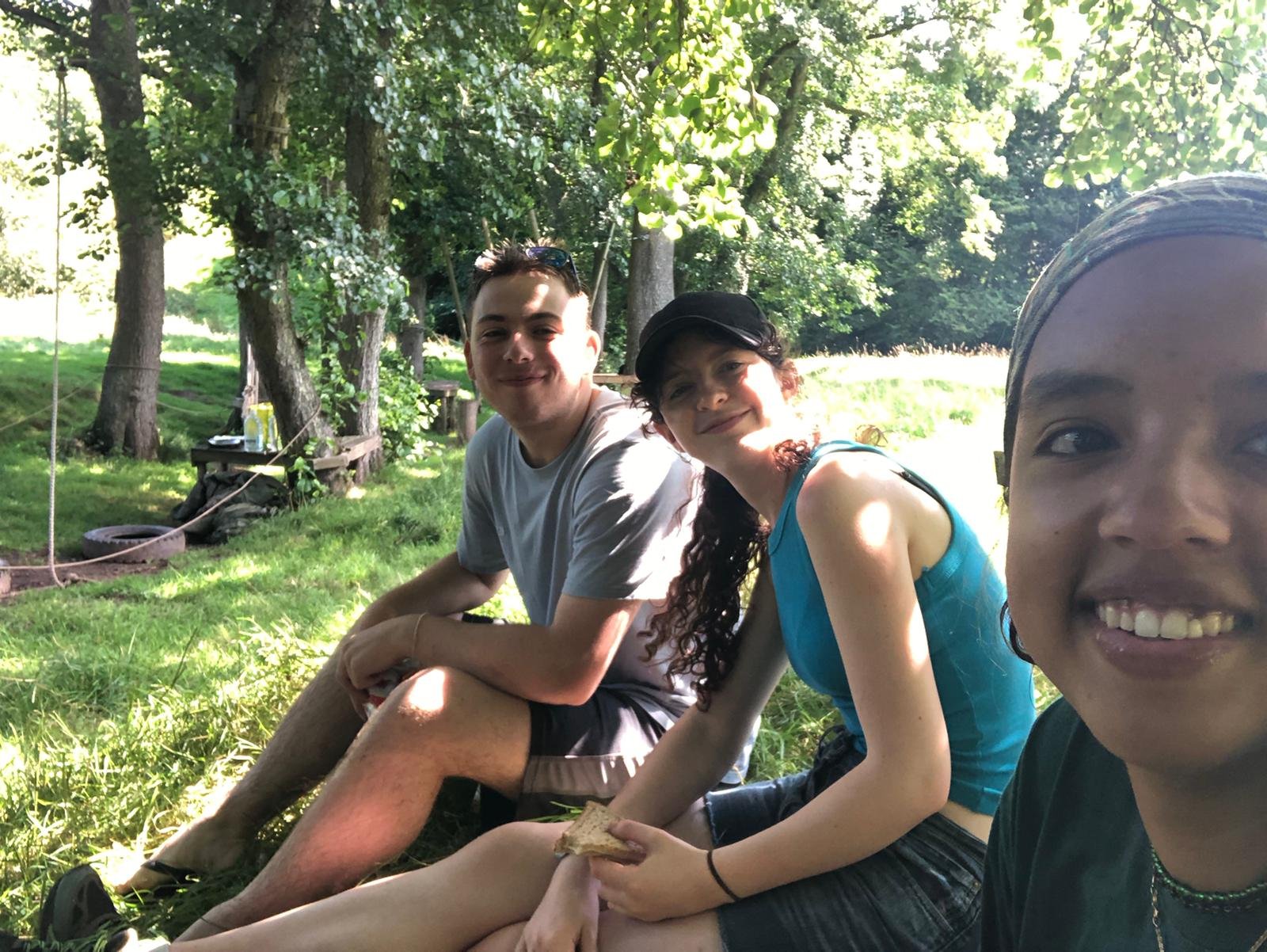

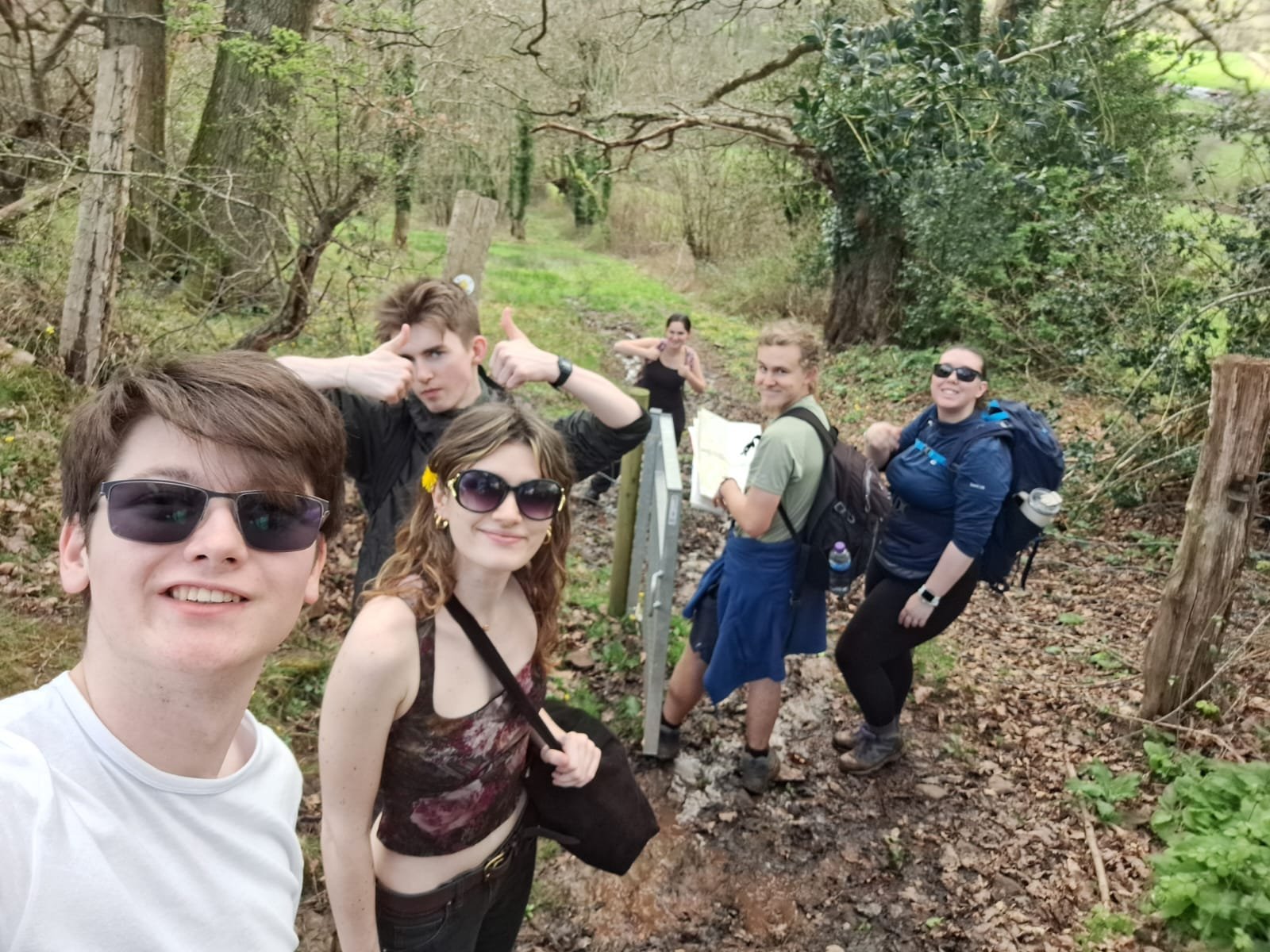
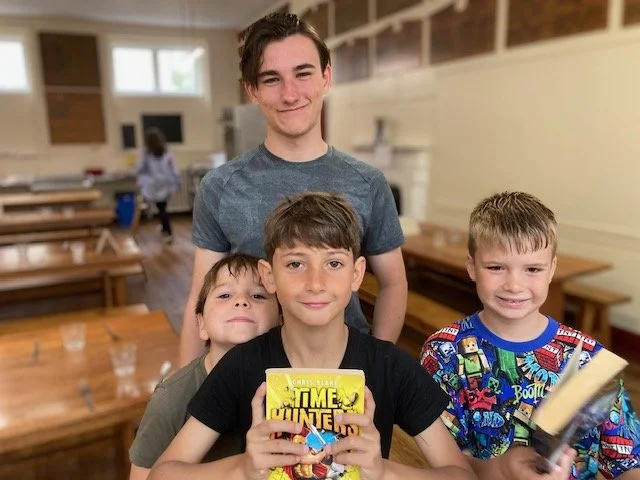
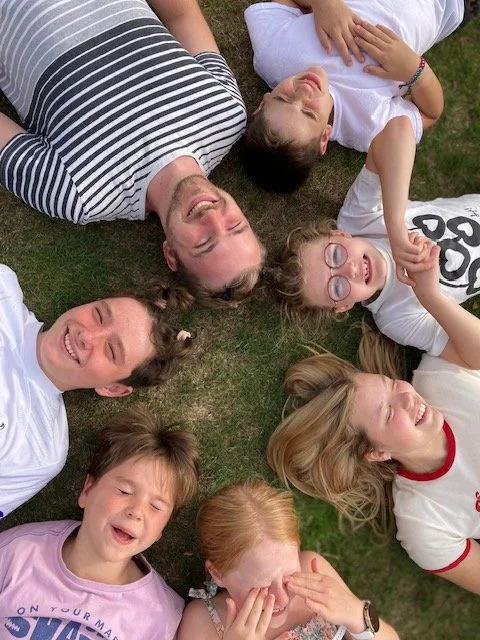


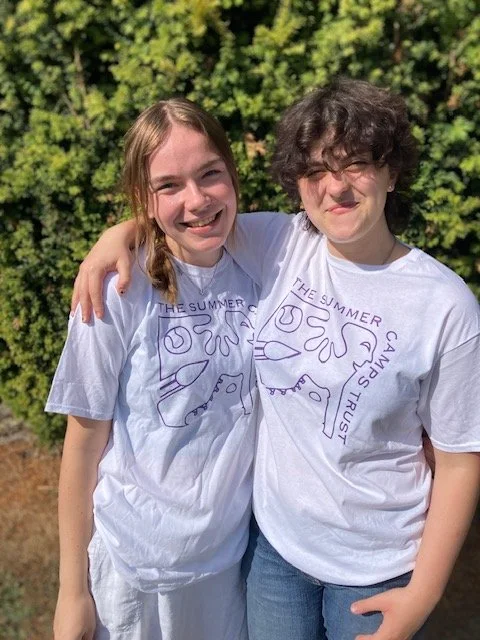
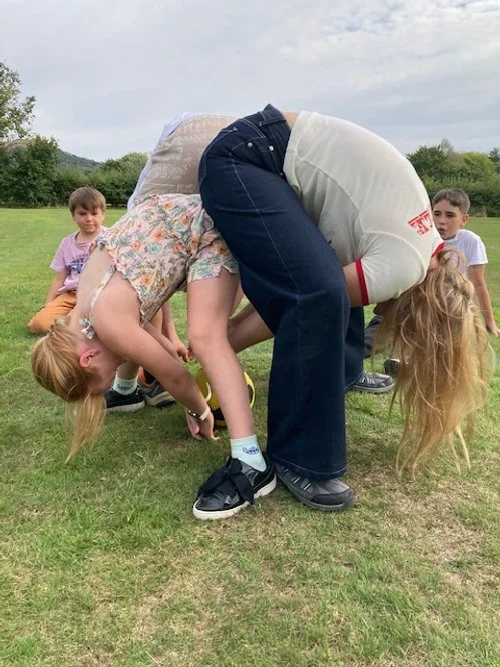
Become a Summer Camp Young Leader: Build Skills, Make an Impact, and Create Unforgettable Memories!
Are you 17 or over and looking for an exciting opportunity to develop leadership skills, gain hands-on experience, and make a real difference? Our Young Leader Training is the perfect stepping stone into leadership, teamwork, and personal growth—all while having an incredible time at camp.
As a Young Leader, you’ll play a vital role in shaping the camp experience. Acting as mentors and role models, Young Leaders bring energy, enthusiasm, and positivity to the community. You'll support younger campers, build confidence, and develop essential skills in teamwork, problem-solving, and communication—skills that will serve you well in any career path.
Many Young Leaders say this experience was one of the most rewarding, eye-opening, and fun opportunities of their lives. Year after year, participants return to volunteer on summer camps, forming lifelong friendships, growing their leadership abilities, and creating unforgettable memories.
Whether you’re looking to boost your CV, gain valuable leadership experience, or simply challenge yourself in a supportive and adventurous environment, this is your chance. Join us and take the first step toward becoming an inspiring leader.
We will soon be announcing our dates for our 2026 Training Course
See the FAQs below for more information - or if you have further questions, contact
info@summercampstrust.org
-
What brings people back to volunteer time & time again on summer camps is the fantastic people that you get to spend your time with, the huge leaps in confidence that such experiences give and the fact that it’s so incredibly fun!
For many volunteer leaders the experience can be life-changing. It offers enormous benefits - interpersonal, organisational and management skills, the ability to work successfully with people from a variety of backgrounds and a positive attitude to life in general. Many former volunteer leaders who have moved on to hold senior job roles in later life often pay tribute to what they gained from being given such thorough training and real responsibility at a young age, whilst working on residential summer camps.
Working in a summer camp also provides a great addition to Personal Statements and CVs; with such a huge variety of things taking place in one week, there’s always plenty from the experience to write about in an application!
The training week can also count as a residential course for the Duke of Edinburgh Gold Award.
-
You must be 17 by the start of the course.
-
We simply ask for a £150 contribution to board and lodging during the course. A non-refundable deposit of £35 needs to be paid when applying. The remaining £115 needs to be paid 4 weeks before the start of the course.
You will also need to make your own travel arrangements, Colwall train station is a 15-20 minute walk away, we may pick you up though, especially if the weather is bad.
Working on camp should not cost you anything. When you are at camp all your bed, board and travel costs will be covered for you, along with any reasonable expenses (for example handicraft materials).
If you are keen to do the course and work with children on a summer camp, but are not in a position to pay the board and lodging contribution, please get in touch; we have a limited number of reduced price places available. To be offered one of these places you would need to provide contact details for a teacher or tutor who we may ask to provide a letter of support attesting that (a) you could make a good summer camp leader, and that (b) without financial support you would not be in a position to pay the board and lodging for this course.
-
A list will be sent to you in good time, but rest assured that no specialist equipment or clothing needs to be supplied. If you have a favourite teddy bear, they are definitely allowed to come too, at no extra cost!
-
Prior to beginning the course, we will ask you to provide contact details of a referee, who should be an appropriate person who knows you well, like a teacher, tutor, employer or youth leader. We will contact them to ask for a reference, confirming that you are suitable to work residentially with children. You will also need to agree to an enhanced DBS check, which we will submit on your behalf.
-
In signing up for the training, you are committing your intention to work at a summer camp for at least one week in the summer 2025.
We will not allocate specific camp places until closer to the time, once we have all our trainees and returning leaders' availability. You will be asked on the application form to give us an indication of what dates in the summer you would be available to commit to working (at least a week) on a summer camp.
-
Put simply, the volunteer leaders are THE central part of the children's community on camp. Once allocated to a group of children, you’ll eat with them, play games with them, read them a bedtime story and share all elements of camp life together. Whilst offering real care and support, camp leaders can be great role models and the relationships forged with children on camp can make a huge difference to the experience that they have. The enthusiasm of camp leaders transfers itself to children, and leads to a happy, positive and active community of which everyone can feel an important part.
-
A well-run residential summer camp is unlike anything else in children's lives. It brings fifty or so 9 to 15 year-olds together from all kinds of school, all parts of Britain, and many different backgrounds. Within a week they become a relaxed, happy community of friends, playing and laughing together, exploring a new area and getting to know each other in a setting of green fields, woods and hills.
Whilst some children may be ‘sent’ on camp as a form of childcare rather than these benefits, the bottom line is that Summer camps help children become more self-confident, more enthusiastic, and above all happier. It offers them time to be children, away from the pressures of the modern world.
-
It is our sincere hope that you will work on at least one summer camp following your leader training. There is a (hardly ever used) exception to this. Anyone who felt, after the training course, that working at summer camps was not for them would be free to say so and withdraw from their commitment. Equally, those running the course reserve the right to refuse for summer camp work anyone who they feel has shown they would not cope with the responsibility or could even be a danger to children. Neither of these is likely to happen, and almost all trainees complete their training eager to work on a summer camp.
-
If your questions weren't answered here then do please send an email to info@summercampstrust.org
FAQs
The Summer Camps Trust is a Duke of Edinburgh Award approved activity provider. The training week qualifies as a residential course for the D of E Gold Award. The course is fully residential and intensive, with morning, afternoon and evenings sessions each day. There will be discussion and practical sessions of both indoor and outdoor activities. You will be expected to attend the whole course and join in all sessions.
Hear from one of our recent trainees…
How was your experience on the training course?
The training course was very well structured and a chance to experience camp from the children’s perspective. It pushes you out of your comfort zone in the best and most supportive way. We lived as a community and I loved the benefits of that as it’s rare in our society to live as one. We learnt so much in the space of a week.
What do you feel that you learnt?
We learnt and openly discussed all the ins and outs of being in charge of a group of children at camp from first aid to songs, games, handicrafts and stories. Working on the job builds on what you’ve learnt during the course.
Could you describe if/how it benefited you?
The training course and working with kids at summer camps changed my life. I grew in confidence, met amazing like minded people and found a passion of mine which is to improve the lives of children! The SCT does vital work.
Tell us about some of your experience(s) from working on camp
Working on camps shows you what you’re capable of. You work so closely with your team that you become a community and rely on each other for support which is a beautiful experience. The time you have with the children is so much fun! It’s like you get to be on summer camp just with the added responsibility and a bit more tiredness! I’d recommend the training course to anyone who likes working with children and is open minded!
A week spent training as a Summer Camp Leader, and on a summer camp, are unique experiences.
There are lots of fun and laughs, a large amount of learning, personal and professional development and enjoyment. Plus the satisfaction of providing a great week’s holiday to a group of children under your care.
You will learn how to work with and relate to young people, as well as being given a host of ideas for games and other activities which children enjoy.
You will gain self-confidence and people skills, while having a great time.
Over the years, our experience has been that those who have trained and worked as a volunteer leader gain a useful and impressive addition to their Personal Statements and CVs.
